The mental toll of social media on teens (and how to combat it)
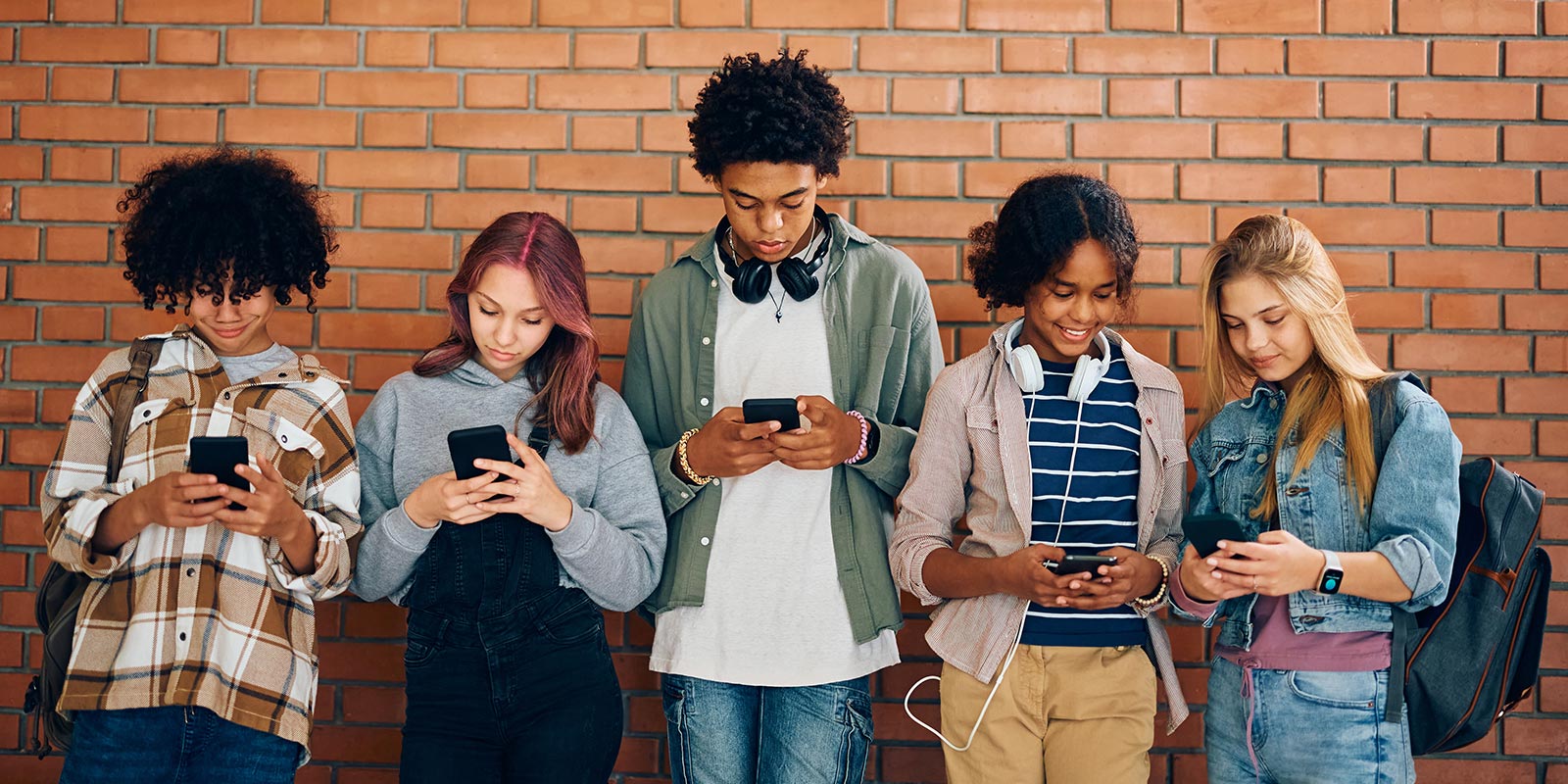
When used responsibly, social media can provide a means for social connectedness, support, information, and entertainment for teens, all of which can be beneficial to their mental health and well-being. However, social media can also expose teens to anxiety, depression, body image issues, cyberbullying, peer pressure, racism, prejudice, sleep disorders, and addiction. These effects may be related to the amount and type of social media use, as well as the developmental stage of each teen.
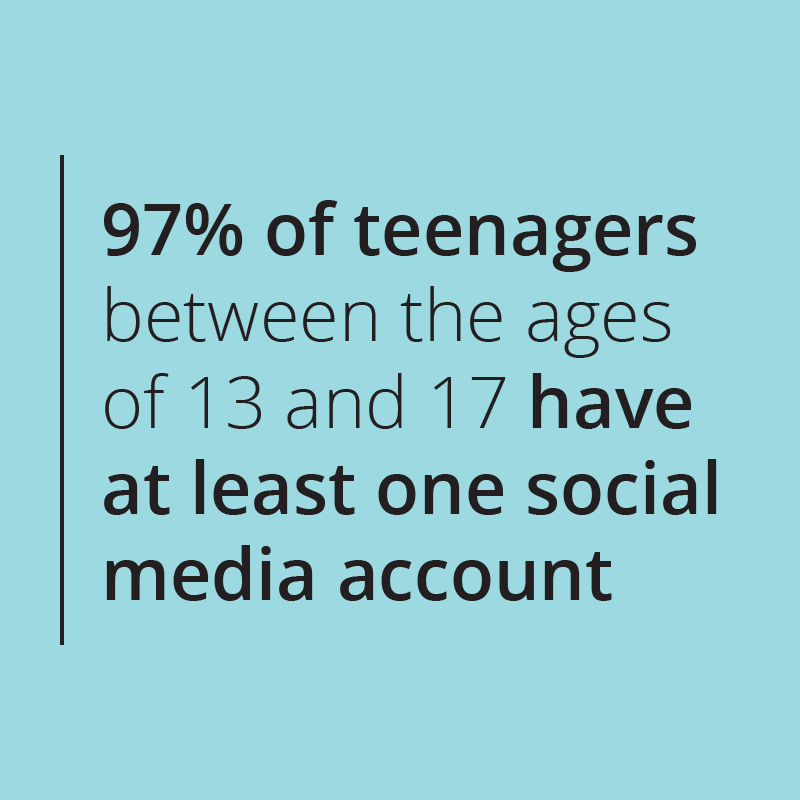
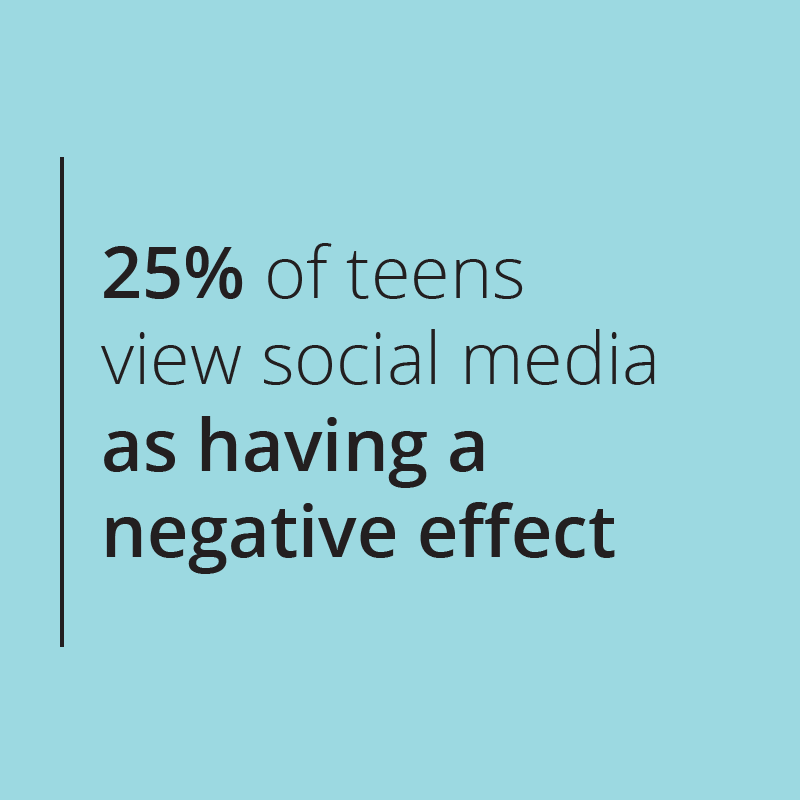
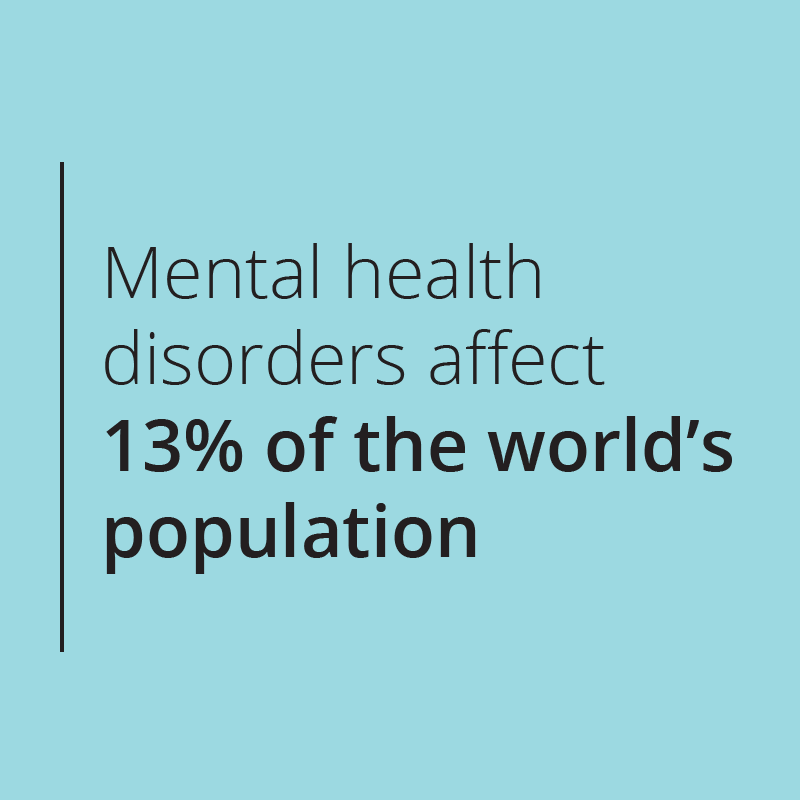
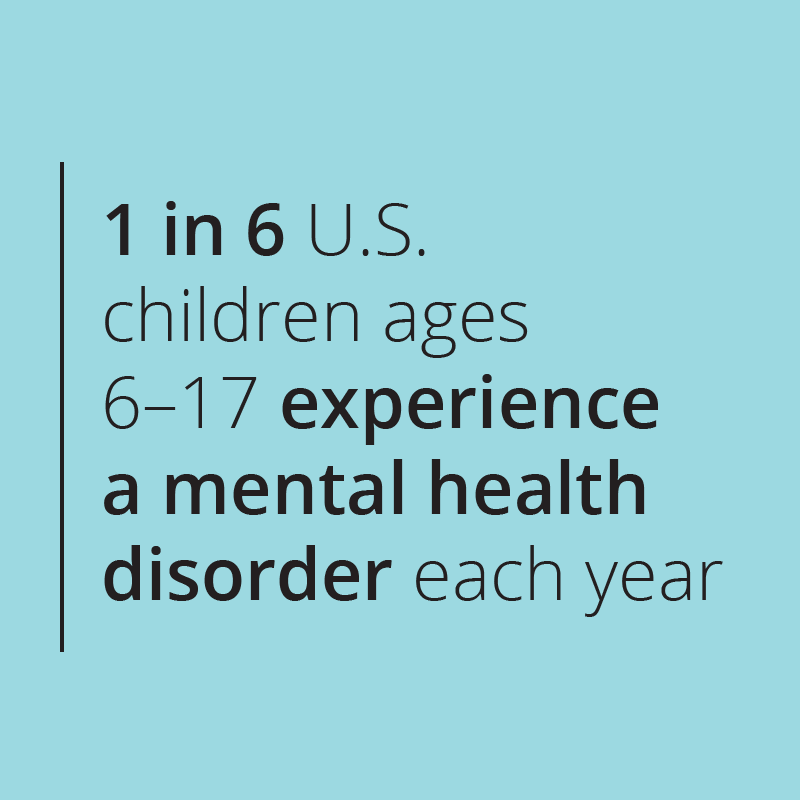
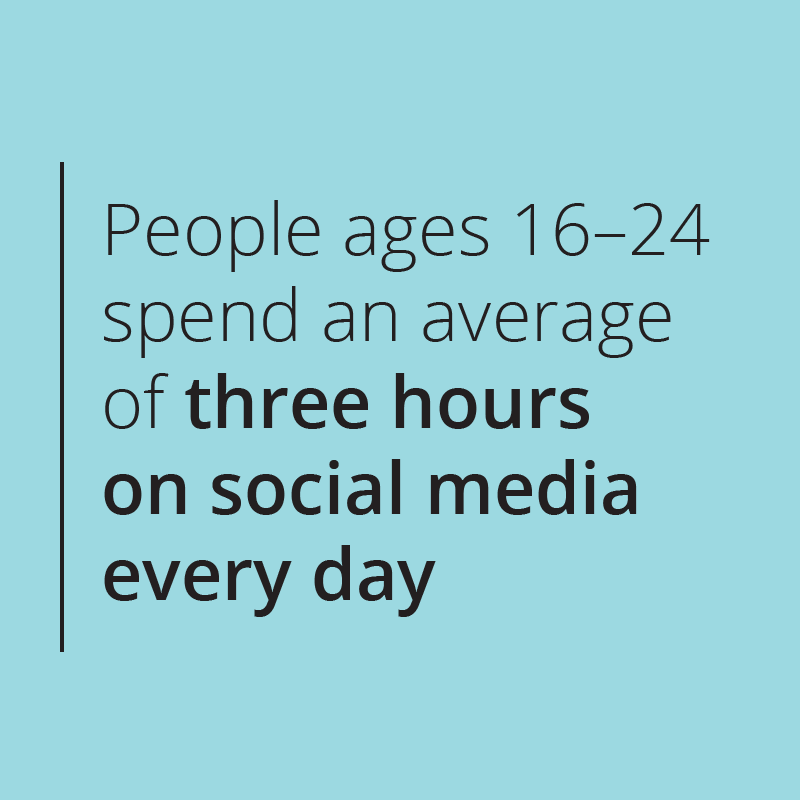
A recent study found that Instagram negatively affected the self-esteem of some of its young users and affected negative body image in one in three teenage girls1. Some studies have found that using social media more than three hours a day can increase the risk of mental health problems for teens.2 Even passive social media use, such as viewing others’ photos or seeking feedback and comparison, can lower teens’ life satisfaction and self-esteem.3
Social media can affect adolescents’ self-view and interpersonal relationships through social comparison and negative interactions, including cyberbullying. In fact, online bullying and harassment tend to be more pervasive and severe, creating more psychological distress than offline bullying.4 Moreover, content found on social media can normalize or even promote suicide and/or self-harm within this already susceptible population.5 In fact, in a study published by the Centers for Disease Control and Prevention, the number of suicides in young women and men (aged 15–24) has increased 87% and 30% respectively in the last 20 years.2
The COVID-19 pandemic may have worsened the impact of social media on teen mental health, as many teens relied on social media for social interaction and coping during lockdowns and school closures. Experts suggest that parents, caregivers, and educators should monitor and limit teens’ social media use, encourage healthy online behaviors and offline activities, and provide support and guidance for teens who are struggling with mental health issues.
Tools to help identify struggling teens
Practitioners can use various assessments to help identify and create a plan for adolescents who are struggling with mental health issues related to social media use. Each of the Beck scales below can be sent out ahead of time to give practitioners more time to focus on their clients’ concerns during their appointment.
The Millon® Adolescent Clinical Inventory-II (MACI®-II) was developed specifically for teens and adolescents to assess mental health and behavior concerns often unique to their age group, and assist in making reliable diagnostic and treatment decisions.
The Beck Youth Inventories®-2 (BYI®-2) uses five self-report inventories to assess symptoms of depression, anxiety, anger, disruptive behavior, and self-concept in children and adolescents ages 7–18.
The Minnesota Multiphasic Personality Inventory-Adolescent-Restructured Form® (MMPI-A-RF®) has multiple clinical scales that assess for depression, withdrawal, anxiety, and has critical items that indicate suicidal ideation.
The Behavioral Assessment System for Children™, Third Edition (BASC™-3) also has multiple scales assessing depression, anxiety, withdrawal, suicide ideation, and other symptoms. Additionally, the BASC-3 has “Adaptive Scales” which provide indicators of psychosocial protective, or resiliency factors, that can also provide data on how an adolescent sense of self is further compromised beyond the typical manifestation of mental health symptoms.
Suggestions for coping mechanisms
Adolescents who are experiencing mental health concerns because of social media use can adopt a variety of preventative and coping strategies. These include:
- Limiting the amount and type of social media use, especially before bedtime, and avoiding passive or negative use
- Seeking positive and supportive online communities that foster healthy behaviors and self-expression
- Engaging in offline activities that promote well-being, such as exercise, hobbies, mindfulness, and socializing with friends and family
- Reaching out for help from trusted adults, peers, or professionals when feeling overwhelmed, depressed, or suicidal
Additional mental health resources for teens and adolescents
If the teens in your care are experiencing mental health issues stemming from their social media use, our resource center has tools and tips to help. Visit the Mental Health Resource Center
References
1. Wells, Georgia; Horwitz, Jeff; Seetharaman, Deepa, “Facebook Knows Instagram Is Toxic for Teen Girls, Company Documents Show”, Wall Street Journal, September 14, 2021, https://www.wsj.com/articles/facebook-knows-instagram-is-toxic-for-teen-girls-company-documents-show-11631620739
2. “The Impact of Social Media on Teens’ Mental Health”, University of Utah Health, January 20, 2023, https://healthcare.utah.edu/healthfeed/2023/01/impact-of-social-media-teens-mental-health
3. 10 Things to Know about How Social Media Affects Teens’ Brains”, NPR, February 16, 2023, https://www.npr.org/2023/02/16/1157180971/10-things-to-know-about-how-social-media-affects-teens-brains
4. “Health Advisory on Social Media Use in Adolescence”, American Psychological Association, July 31, 2023, https://www.apa.org/topics/social-media-internet/health-advisory-adolescent-social-media-use
5. Abi-Jaoude, Elia, MSc, MD; Treurnicht Naylor, Karline, MPH, MD; and Pignatiello, Antonio, MD, “Smartphones, Social Media Use and Youth Mental Health”, Canadian Medical Association Journal, February 10, 2020, https://www.ncbi.nlm.nih.gov/pmc/articles/PMC7012622/
